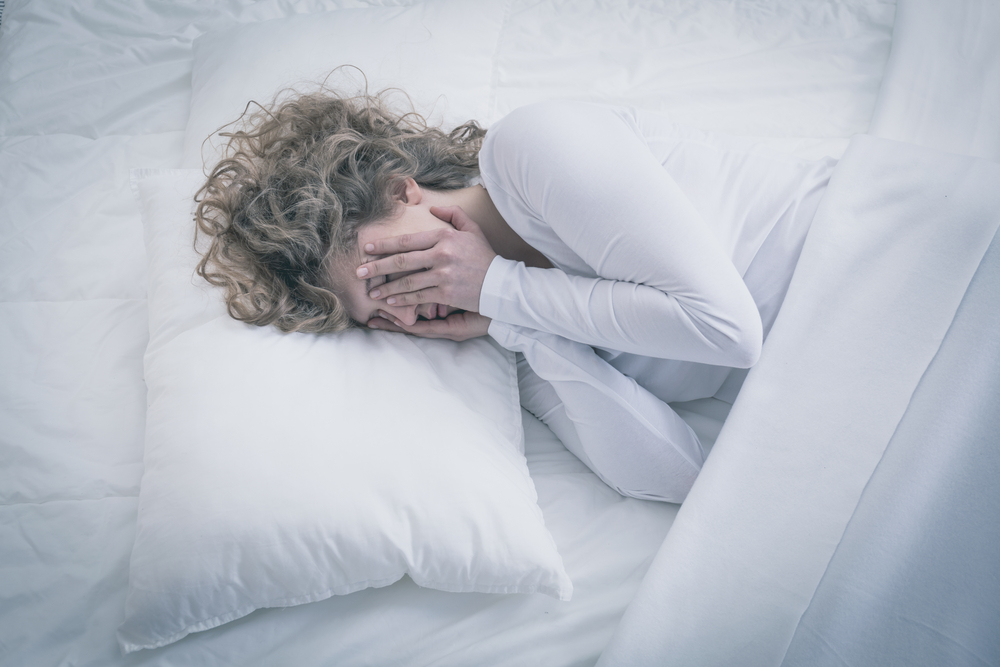Collaboration Tackles Sleep Problems in Parkinson’s
Written by |

Cambridge Sleep Sciences and Parkinson’s Concierge have entered an agreement to tackle sleep problems in Parkinson’s disease.
Sleep problems such as difficulty falling asleep, daytime sleepiness, and troubled dreams are among the most common non-motor symptoms of Parkinson’s disease. Sleep also can be indirectly affected by other aspects of Parkinson’s, such as anxiety, frequent urination, physical discomfort, and treatment side effects.
There aren’t any universally agreed-upon guidelines for how to treat sleep disturbances in Parkinson’s patients. Such treatment is particularly complicated because some sleep medications may interfere with treatments for Parkinson’s itself. As such, there is a need for non-pharmacological interventions for sleep in Parkinson’s.
Cambridge Sleep Sciences has devoted 10 years of scientific research to develop a new device, called SleepHub, that addresses the causes of poor-quality sleep and insomnia.
“[We] have high hopes for SleepHub improving the lives of many people living with Parkinson’s. At Parkinson’s Concierge we always seek out and promote products and services, gadgets, tech and AI [artificial intelligence] solutions which benefit others living with this condition,” Charlotte Allen and Russ Bradford, co-founders of Parkinson’s Concierge, stated in a press release.
SleepHub has four sleeping modes scientifically designed to act as a natural sleep aid. By using rhythms and pulses in high-quality audio speakers to emulate brain waves produced during sleep, the device restores natural sleep cycles.
A variety of soundscapes complement each mode, enabling the brain to relax and find its natural sleep pattern. Essentially, these sounds act as a guide-track for the brain, retraining it to revert to its natural sleep cycles.
“When Parkinson’s Concierge advised us of anecdotal reports that SleepHub had improved sleep in some of their members, we wanted to explore this further,” said Chris Dickson, executive chairman of Cambridge Sleep Sciences.
Now, the company will be working with Parkinson’s Concierge to assess SleepHub’s effectiveness in patients with Parkinson’s disease before moving forward to clinical trials.
“We are extremely optimistic, having tested SleepHub for about a month now, that this could in turn have an effect on improving the other symptoms people live with as well for our Global Parkinson’s Community,” added Allen and Bradford.





